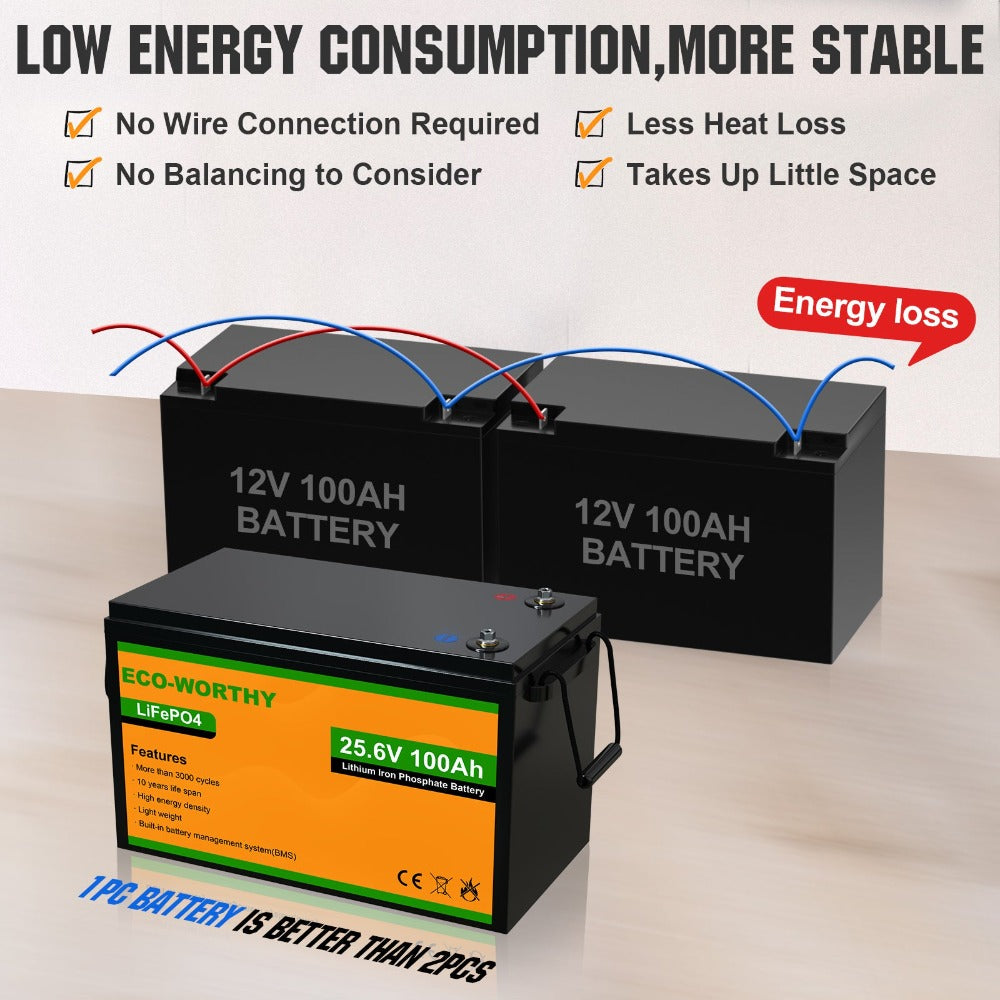The Benefits of Upgrading to a 24V Lithium Battery for Your Electric Vehicle
Body
As electric vehicles (EVs) continue to gain popularity, the importance of choosing the right battery cannot be overstated. One of the most significant advancements in battery technology is the 24V lithium battery. This article delves into the numerous benefits of upgrading to this type of battery, providing insights that can help you make an informed decision.

Understanding the 24V Lithium Battery
The 24V lithium battery is designed to deliver a higher energy density compared to traditional lead-acid batteries. This means that it can store more energy in a smaller and lighter package. But what does this mean for your electric vehicle? The implications are profound, particularly in terms of performance and efficiency.
Enhanced Performance and Efficiency
One of the primary advantages of a 24V lithium battery is its ability to provide consistent power output. Unlike lead-acid batteries, which can suffer from voltage drops as they discharge, lithium batteries maintain a stable voltage throughout their discharge cycle. This characteristic ensures that your electric vehicle operates at optimal performance levels, even under heavy load conditions.
"Switching to a lithium battery can significantly enhance the overall performance of your electric vehicle."
Longevity and Maintenance
Another compelling reason to consider a 24V lithium battery is its longevity. Lithium batteries typically have a lifespan of 2000 to 5000 charge cycles, far exceeding that of lead-acid batteries, which usually last for about 500 to 1000 cycles. This extended lifespan translates to lower replacement costs and less frequent maintenance, making it a cost-effective choice in the long run.
Cost-Effectiveness Over Time
- Longer lifespan reduces replacement frequency.
- Lower maintenance requirements save time and money.
- Improved efficiency leads to reduced energy costs.
Environmental Benefits of 24V Lithium Batteries
In addition to performance and cost benefits, the 24V lithium battery is also more environmentally friendly. Lithium batteries are less harmful to the environment compared to lead-acid batteries, which contain toxic materials. By choosing a lithium battery, you are contributing to a greener future.
Real-World Applications
Many electric vehicle manufacturers are now integrating 24V lithium batteries into their designs. For instance, the XYZ 24V Lithium Battery has been praised for its reliability and efficiency, making it a popular choice among EV enthusiasts.

Conclusion
Upgrading to a 24V lithium battery offers numerous advantages, including enhanced performance, longevity, and environmental benefits. As the electric vehicle market continues to evolve, investing in a lithium battery can provide you with a competitive edge. If you are considering an upgrade, weigh the benefits carefully and choose a battery that aligns with your needs.
For more information on battery technology, check out this informative video: Understanding Lithium Batteries.









Comments